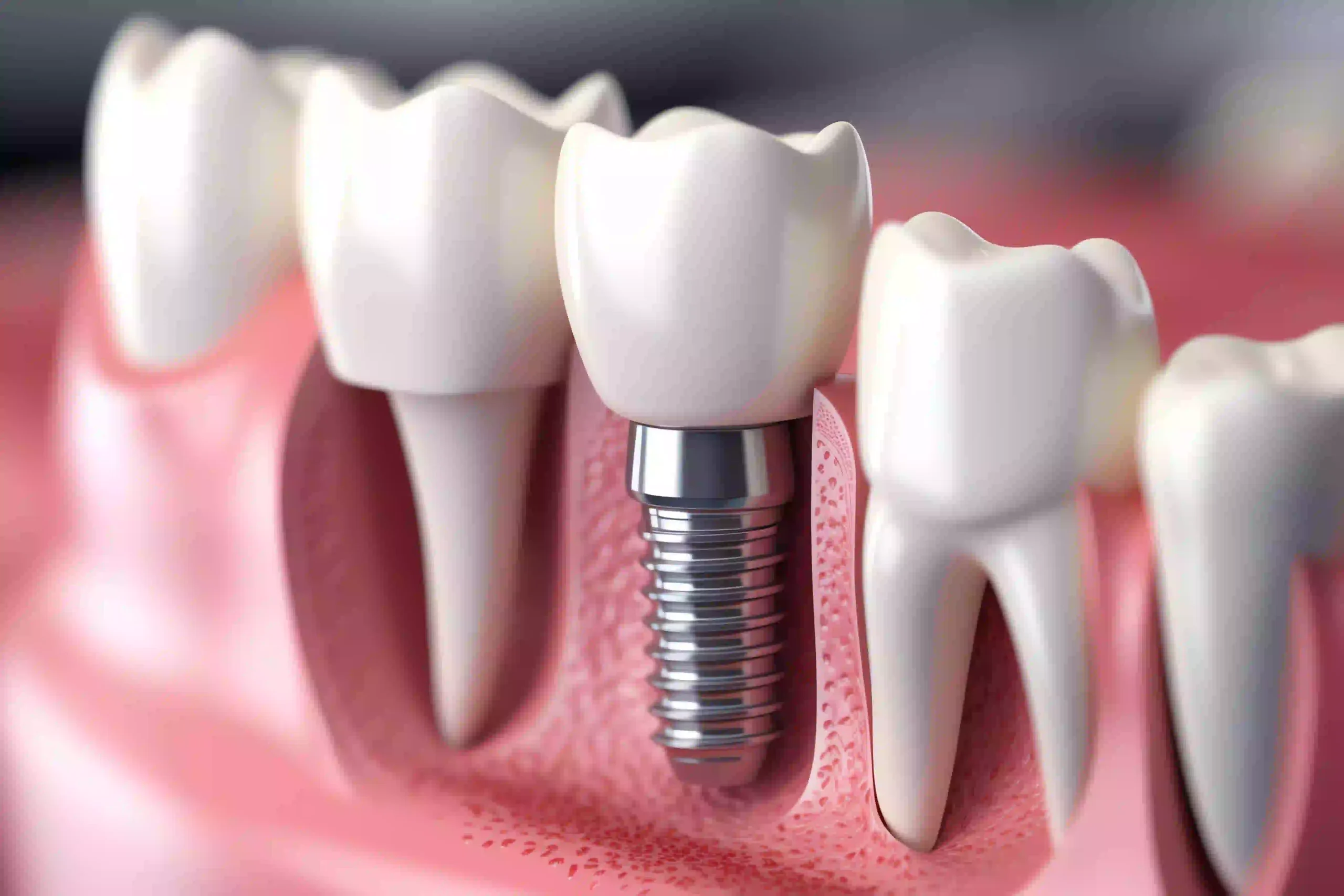🦷The Best Water Flossers For Dental Health
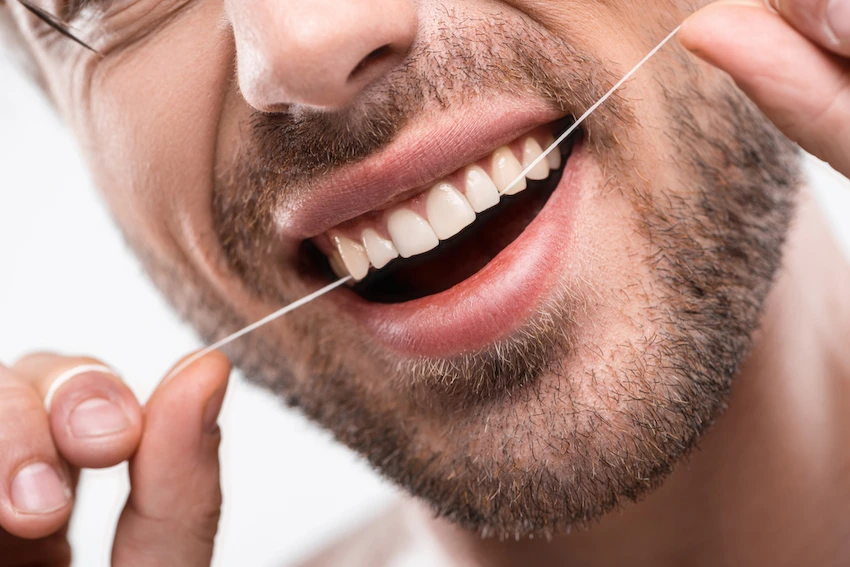
Find out which water flossers have been recognized as those that can change for the better your dental hygiene routine. Use these solutions and witness how the plaque is removed and the smile is brighter. Learn how you can get the maximum dental health by choosing the best water flossers we have selected for you. These new instruments will provide for better oral hygiene, yet they will also make flossing a mere trifle. It is high time for you to bid farewell to the old-fashioned methods and to adopt a more innovative way to look after your dental health!
Benefits of Water Flossers for Oral Health
The moral of the story is that the world of water flossers is very health-affirming, as it has a lot to offer your oral health. They not only easily remove the food particles and the layers of plaque in the hardest-to-reach areas but are also able to distribute your food and enjoy the aroma among the teeth and the gum area. A water flosser serves the purpose of interdental care in dentistry and, at the same time, eliminates the need for traditional flossing and results in better gum health and freedom from cavities. Additionally, water flossers are good for the gums, as they offer a gentle massage and are not abrasive; thus, they are safe for use by children. They can also promote the blood flow of the gum tissue, thereby improving the overall condition of the mouth.
In another aspect, the water flosser is perfect for those people who have had dental implants inserted or had some oral operations performed, as the water flosser will whirl around all those positions without any difficulty. This also illustrates how important it is for gum health to depend on the water flosser that also gives you an extra smell of confidence. With these three major oral attributes, such as gum health, freshest breath, and of course whiteness to the teeth, with the usage of a water flosser, they are completely enhanced.
Types of Water Flossers Available
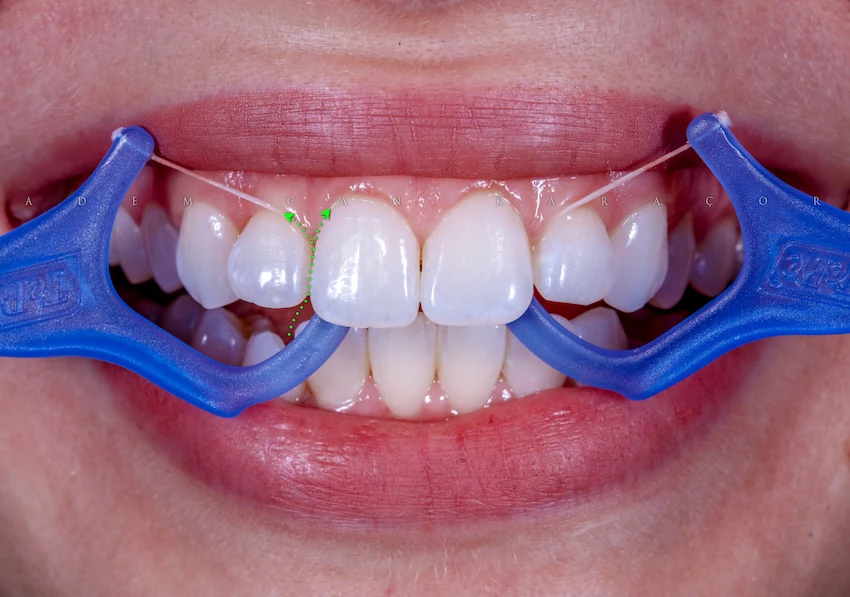
When you decide to buy a water flosser, you can find various kinds that will fulfill your needs. The most common options are as follows:
- Countertop Water Flossers: These are larger tools that take up space on your countertop. They have the advantage of strong water pressure, and together with that, there are several tips that come to solve different cleaning issues that users face.
- Portable Water Flossers: Small and either battery-operated or rechargeable, these are designed to be very convenient and are great for traveling. There is no need to sacrifice functionality as they still provide you with all the features you need most. Hence, it is possible to floss whenever and wherever you are.
- Battery-Operated Water Flossers: These models are quite similar to the portable design, although they may be a bit larger. The main difference is that they are operated using a battery, so they give one the freedom to be in areas with no power outlets.
- Shower Flossers: These kinds of tools are those which are to be utilized in the bathing complex. All the accessories accompanying the device are water-based; this eliminates problems that arise when using the flosser for a quick rinse-up during break times.
In fitting the right water flosser to your daily life, space, and specific needs, come into play. The type you selected is key to getting the maximum advantage of a water flosser and thereby improving your dental health.
Market Leaders of Water Flosser Brands
The water flosser industry features countless brands, each with a different set of features and positive aspects. While choosing a water flosser, the track record and dependability of the maker are very important. The following is a table that provides an overview of the top brands of water flossers and their key features:
| Brand | Key Features | Price Range |
| Waterpik | Multiple pressure settings, a variety of tips, and ADA accepted | $50 – $100 |
| Philips Sonicare | Smart sensor technology, sleek design, powerful water pressure | $80 – $120 |
| Panasonic | Compact design, portable options, adjustable water flow | $40 – $80 |
| Oral-B | 2-in-1 brushing and flossing, multiple modes, user-friendly interface | $70 – $130 |
| H2ofloss | Affordable, high-capacity water tank, quiet operation | $30 – $50 |
and positive aspects. While choosing a water flosser, the track record and dependability of the maker are very important. The following is a table that provides an overview of the top brands of water flossers and their key features:
Ways to Correctly Employ a Water Flosser
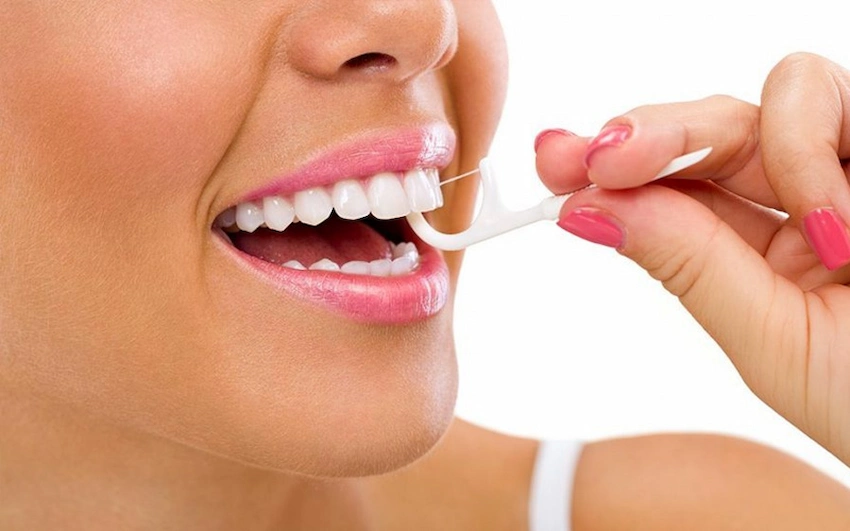
Employing a water flosser the right way is a great addition to your dental care and maintenance routine. Read on and get to know the steps to significantly boost your water flosser’s efficiency.
| Step | Instructions |
| 1 | Fill the reservoir with warm water and add mouthwash if desired. |
| 2 | Choose the appropriate flosser tip and attach it securely. |
| 3 | Turn the water flosser on and select your preferred pressure setting. |
| 4 | Lean over the sink, place the tip in your mouth, and start the device. |
| 5 | Guide the tip along the gum line, pausing briefly between teeth. |
| 6 | Finish by rinsing your mouth with water or mouthwash for extra freshness. |
This HTML document contains the required headings and tables according to the needs of the one who needs the information to look at the needed brands, and also the best use of the same items under discussion for the water flosser market.
Comparison of Water Flossers vs. Traditional Flossing
When dental care is in question, a number of individuals usually struggle with their choice between water flossers and the common use of dental floss. Water flossers propel a powerful and steady stream of water to remove particles and plaque in between teeth and below the gum line, which are usually the culprits of bad breath. This procedure is indeed less complicated and more manageable for most users. Regular flossing, although, is not that comfortable because of the fact that it requires a lot of skill and will sometimes fail to cover the narrow spaces. On the one hand, studies indicate that water flossers can carry out the task of cleaning certain regions that regular flossing does not cover; thus, it is safe to believe that water flossers work best for people who wear braces or any dental aid. In the end, it is mainly a matter of personal taste, and many people find that including a water flosser in their daily care significantly improves the health of their teeth and gums.
Features to Consider When Choosing a Water Flosser
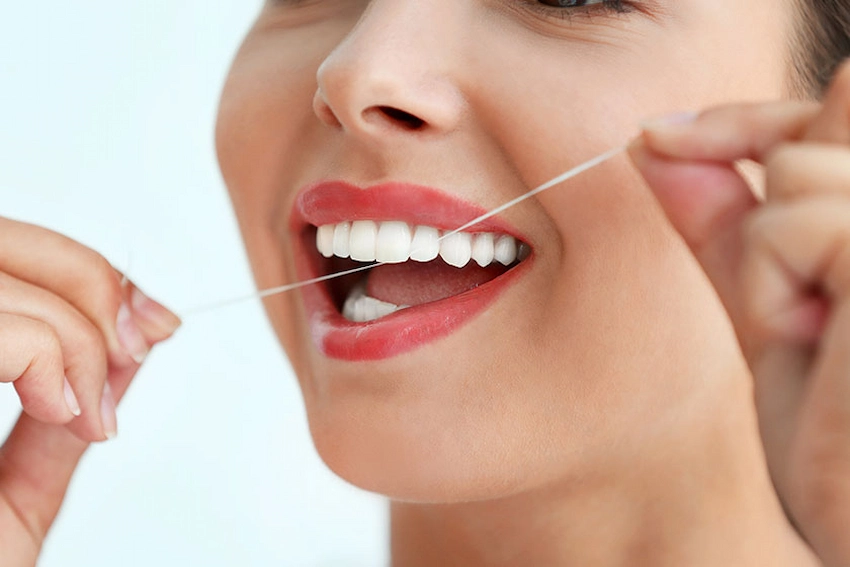
When choosing a water flosser, one should consider several features if they want to buy the most suitable model. We have described some of the most crucial aspects of the selection:
- Water Pressure Settings: Pick the flosser that is provided with a pressure regulator for the adjustment of the pressure level that fits your demand for a comfortable and effective experience.
- Nozzle Types: Many people look for water flossers that are packed with several nozzle attachments in various shapes to enable cleaning in accessing orthodontic brackets, gum pockets, and across dental implants more easily.
- Tank Capacity: A large water tank assures that you will not need a refill soon, hence, more time passes before you repeat the filling. This feature is of great significance to the families as it saves them precious time.
- Size and Portability: The purchase decision will likely incline to a choice of smaller, portable, or purpose-stable, larger models depending on the buyer’s personal preferences and situations.
- Ease of Use: Opt for an ergonomic and with simple operations, which can be used by any person without difficulty.
Considering these functions, the individuals can identify the water flosser that fits in with their way of life and at the same time boosts their oral health care routine.
FAQ: The Best Water Flossers For Dental Health
A water flosser is a dental device that uses a stream of pulsating water to remove food particles and plaque from between the teeth and below the gumline. It works by directing a focused jet of water in a controlled manner to clean areas that traditional floss may miss.
While most people can benefit from using a water flosser, it is particularly useful for those with braces, dental implants, or periodontal disease. However, individuals with certain medical conditions or concerns should consult their dentist before using one.
Yes, studies have shown that water flossers can be effective in reducing plaque and gingivitis, particularly for individuals with braces, implants, or those who have difficulty using traditional floss. They can complement regular brushing and flossing for optimal dental hygiene.
When choosing a water flosser, consider features such as adjustable water pressure settings, different nozzle attachments for specific needs, a large water reservoir for extended use, portability (if you travel), and ease of cleaning and maintenance.
For optimal dental health, it is recommended to use a water flosser at least once a day, ideally before or after brushing your teeth. Consistent use can help maintain healthy gums and reduce plaque buildup.
